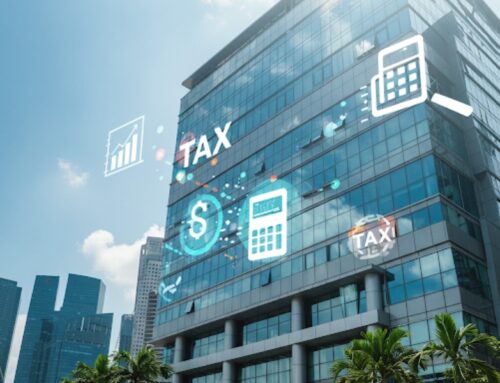Capital allowance pertains to the sum that a business is eligible to deduct annually from its revenue through depreciation, representing its capital investment expenses aimed at fostering long-term corporate growth. These deductions are alternatively known as depreciation allowances.
The Intersection of Capital Allowances and Cost Recovery
Governments establish depreciation schedules to specify the timing at which businesses may subtract their capital investment expenses from their earnings. The yearly deduction permitted for investment expenses is termed a capital allowance. This concept embodies cost recovery, signifying a business’s ability to recoup (deduct) the financial outlays associated with their investments. Capital cost recovery plays a pivotal role in shaping a company’s corporate tax base and directly influences investment-related decisions. In instances where businesses are unable to fully offset actual capital expenditures, their propensity to undertake capital investments diminishes, potentially resulting in decreased labour productivity and wages.
Capital Allowances and Their Influence on Economic Prosperity
The structural composition of capital allowances can yield significant economic consequences, either accelerating or decelerating investment activity, thereby exerting a subsequent impact on overall economic prosperity.
Reduced capital allowances translate into elevated capital expenses, thereby discouraging investment, which, in turn, yields reduced productivity, employment opportunities, and remuneration levels. As an illustration, a government may opt to extend the time frame (depreciation schedule) for the machinery deduction process, thereby heightening short-term expenses and constraining or diminishing investments in machinery, detrimentally affecting the manufacturing sector.
Conversely, shortening the depreciation schedule or granting businesses the latitude to fully expense machinery bolsters their inclination and capacity to invest in machinery. This initiative, in turn, fosters heightened production, amplifies employment rates, improves wages, and kindles economic growth.
If you have any tax-related queries, you may email us at [email protected]. When in doubt, seek legal advice or consult an experienced ACRA Filing Agent.
Yours Sincerely,
The editorial team at Singapore Secretary Services
For more useful articles and videos, visit the Singapore Secretary Services resource page.
If you would like to submit a question or would like us to do an article on certain topics, please email us at [email protected].
Other related posts:
What is a Double Taxation Avoidance Agreement (DTA)?
Common Tax Reliefs that will help to reduce the tax bill for New Start-Up Companies
How to determine the tax residency of a company
How to file corporate tax returns for companies
What is the difference between Estimated Chargeable Income (ECI) and Corporate Tax Filing?
When are gains from the sale of property, shares and financial instruments taxable?
What are the consequences for late filing or non filing of Corporate Income Tax Returns?
Do I need to pay corporate tax on income that is derived outside of Singapore?
The claimable exemptions under Avoidance of Double Taxation Agreements (DTA)
Are CPF contributions by Employers taxable?
Avoiding double taxation in Singapore







Leave A Comment